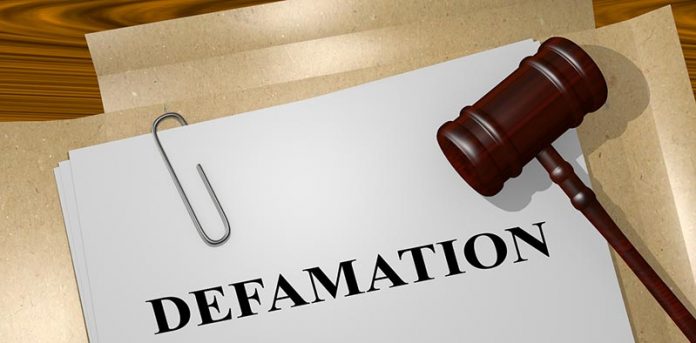By: Magna Carta Law Office
Defamation is an intentional statement or publication in a manner likely to cause damages to another person’s reputation. It may either be in a form of libel or slander. In simple context, Libel is a written defamation while slander refers to oral defamation or by verbal statements and gestures.
Libel is a defamation committed by publication of a document, drawing, painting, cinematography film, picture or letters made visible by any means, gramophone record or another recording instruments, recording picture or letters, or by broadcasting or spreading picture, or by propagation by any other means.
Thailand Criminal Code Section 326 defines defamation as follows:
“Whoever, imputes anything to the other person before a third person in a manner likely to impair the reputation of such other person or to expose such other person to be hated or scorned, is said to commit defamation, and shall be punished with imprisonment not exceeding one year or fined not exceeding twenty thousand Baht, or both.”
Also, the victim can further claim the compensation under civil manner.
You can prove defamation by:
Showing the published defamatory statement. It means that one or more persons other than you have heard, read, or was made aware of the defamatory statement;
Proving that the defamatory statement refers to you. The content must be clearly addressing or clearly identifying you;
Showing that the statements made by that person were false. It should not be simply because you do not like what have been said against you; or
Proving that the publication has caused you to suffer harm to your reputation.
In case the accused is proven guilty, the Court may give order:
To seize and destroy the defamatory matter or part thereof;
To publish the whole or part of the judgment in one or more newspapers once or several times at the expense of the accused.
A person shall not be guilty of defamation if, in good faith, expresses any opinion or a statement by way of:
self-justification or defense, or for the protection of a legitimate interest;
the status of being an official in the exercise of his functions;
fair comment on any person or thing subjected to public criticism; or
fair report of the open proceeding of any Court or meeting.
If the person prosecuted can prove that the accusation made by him is true, he shall not be punished. But the court will not allow proof of truth as a defense if the statement is personal and such proof will not benefit the public.










